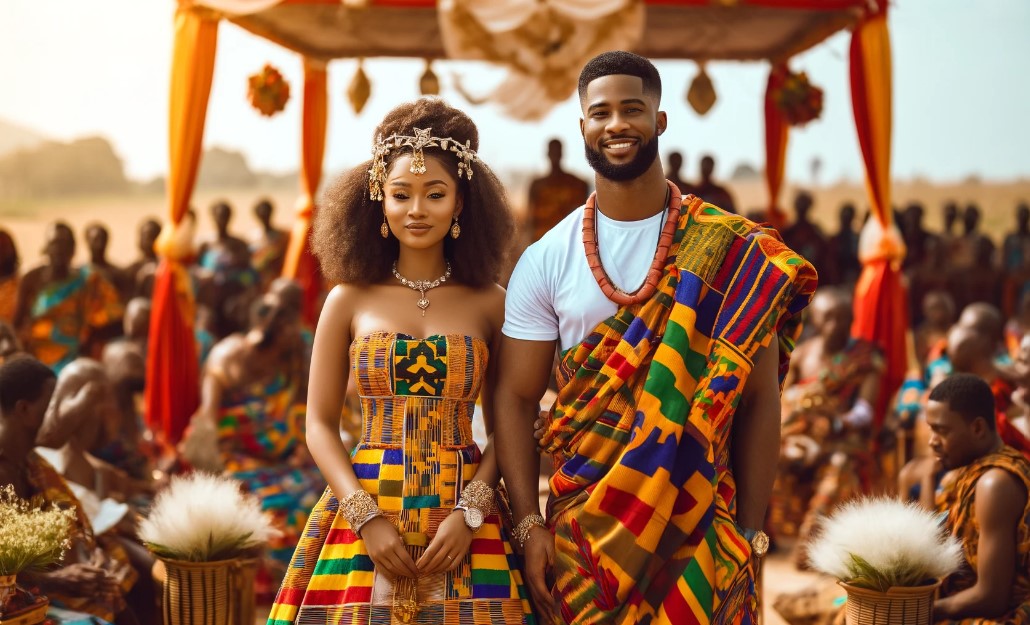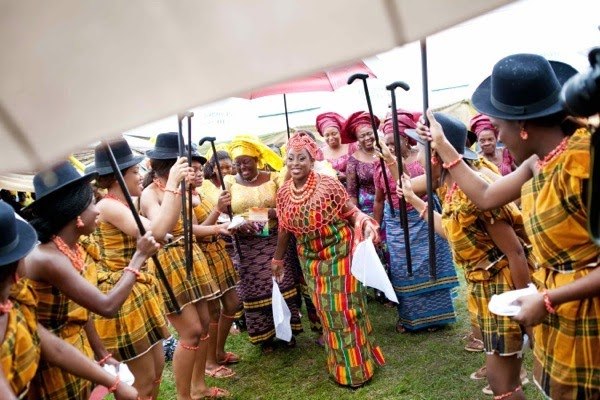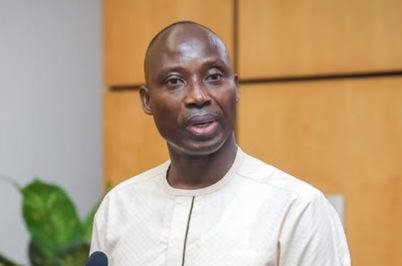

In Ghana, paying a dowry is a significant tradition that varies across tribes and is deeply embedded in the cultural fabric of society.
As we progress through the 21st century, it's worth considering whether this practice should continue. Here are some reasons why maintaining the dowry tradition could be beneficial:
1. Preserving cultural heritage
Dowry traditions are a crucial part of Ghanaian cultural heritage. They serve as a link to the past, preserving the customs and values passed down through generations.
By continuing this practice, Ghanaians can maintain a sense of identity and pride in their unique cultural heritage. It helps younger generations understand and appreciate their roots, fostering a sense of community and continuity.

2. Strengthening family bonds
The dowry process is more than just a financial transaction; it involves the coming together of two families. The negotiations and ceremonies surrounding the dowry foster interaction, understanding, and respect between the families of the bride and groom.
This practice helps to build strong family ties and networks of support that are beneficial for the newlyweds and their extended families.

3. Symbolic commitment and responsibility
Paying a dowry symbolizes a groom's commitment and readiness to take on the responsibilities of marriage. It acts as a demonstration of his willingness to invest in and care for his future wife and her family.
This act of giving can reinforce the seriousness of the marital union and the groom's dedication to maintaining a stable and supportive relationship.
4. Economic support and appreciation
In many cultures, the dowry is seen as a way of appreciating and compensating the bride's family for their role in raising her. This economic support can be particularly meaningful in communities where resources are scarce.
It also underscores the value placed on the bride and can be a form of empowerment, highlighting her importance and worth within the societal structure.
5. Encouraging responsible decision-making
The requirement of a dowry can encourage responsible decision-making regarding marriage. It necessitates that the groom be financially prepared and thoughtful about his readiness for marriage.
This can lead to more stable and mature relationships, as both parties enter the marriage with a clear understanding of the commitments involved.

While some aspects of traditional practices may need to adapt to contemporary values and realities, the dowry tradition in Ghana holds significant cultural, social, and symbolic importance.
It helps preserve cultural heritage, strengthens family bonds, symbolises commitment, provides economic support, and encourages responsible decision-making.
By maintaining this practice, Ghanaians can honour their past while thoughtfully integrating these traditions into modern life.
Read Full Story
























Facebook
Twitter
Pinterest
Instagram
Google+
YouTube
LinkedIn
RSS